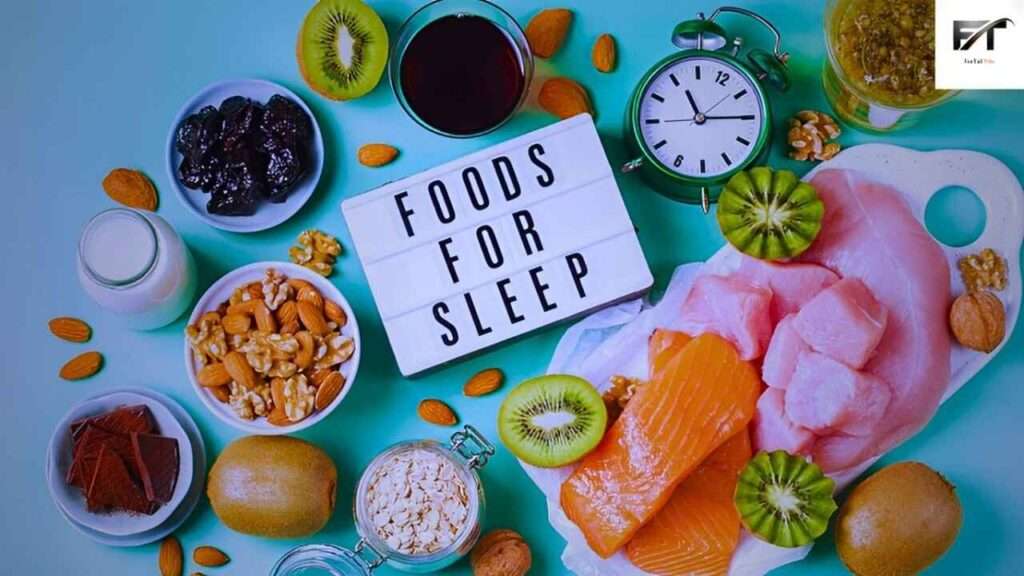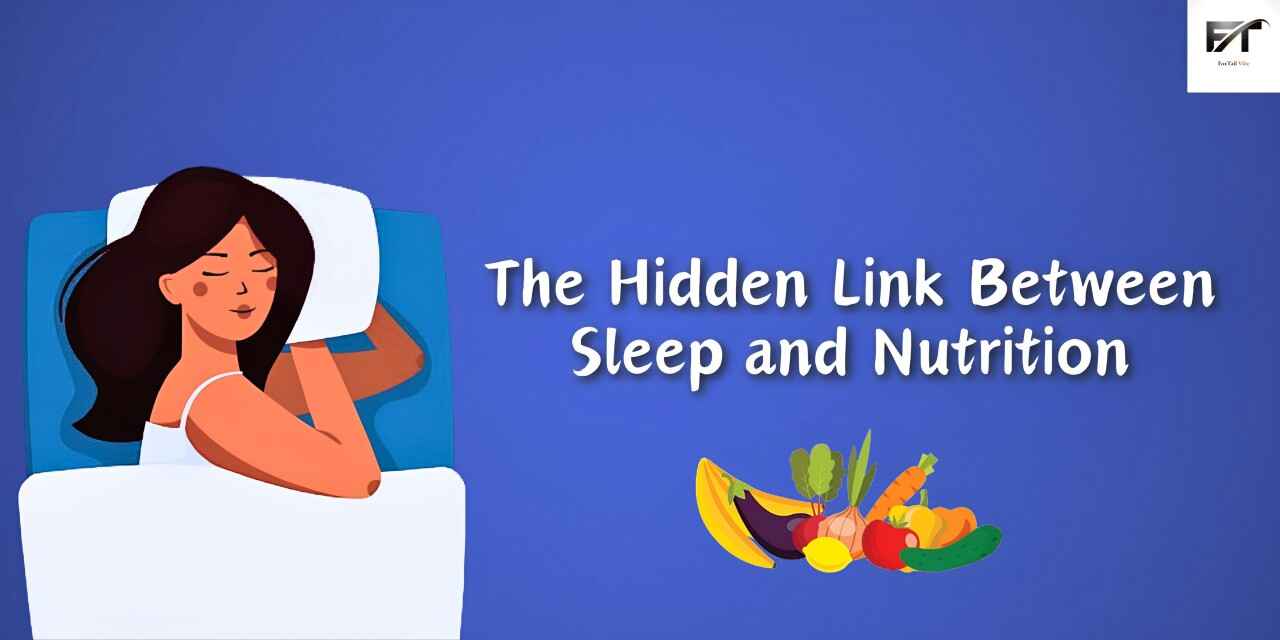Have you ever wondered why some nights you sleep like a baby, while other nights you toss and turn, unable to drift off into dreamland? Believe it or not, what you eat during the day can play a big role in how well you sleep at night. Yes, you heard it right – your diet and your sleep are like two peas in a pod, working hand in hand to keep you feeling rested and rejuvenated.
Understanding the Connection
Let’s break it down. Your body runs on a complex system of hormones and chemicals, and what you eat can affect the balance of these substances. One key player in the sleep game is a hormone called melatonin. Melatonin is like your body’s internal clock – it helps regulate your sleep-wake cycle. And guess what? Certain foods contain nutrients that can either boost or block the production of melatonin.
Foods that Promote Better Sleep

- Tryptophan-Rich Foods: Tryptophan is an amino acid that your body uses to make serotonin, which in turn helps produce melatonin. Foods like turkey, chicken, nuts, seeds, and tofu are packed with tryptophan, making them great choices for dinner if you want to catch some Z’s later on.
- Complex Carbohydrates: Foods like whole grains, sweet potatoes, and legumes are rich in complex carbohydrates. These carbs can help increase the production of serotonin, which as we mentioned earlier, can lead to more melatonin being made. Plus, complex carbs can help keep your blood sugar levels steady throughout the night, preventing those annoying midnight wake-up calls.
- Magnesium-Rich Foods: Magnesium is a mineral that plays a role in relaxing your muscles and calming your nerves – both important factors for a good night’s sleep. Load up on magnesium by eating foods like leafy greens, nuts, seeds, and whole grains.
- Calcium: You’ve probably heard that a warm glass of milk can help you fall asleep – and there’s some truth to that! Milk contains calcium, which helps your brain produce melatonin. Plus, calcium helps your muscles relax, making it easier to drift off into dreamland.
- Healthy Fats: Foods like fatty fish (think salmon and tuna), avocados, and nuts are high in healthy fats that can help stabilize your mood and promote relaxation. Plus, omega-3 fatty acids found in these foods have been linked to better sleep quality.
Foods to Avoid Before Bed
Now that we’ve covered the foods that can help you sleep better, let’s talk about the ones you should steer clear of if you want to catch some quality zzz’s:
- Caffeine: It’s no secret that caffeine is a stimulant – it perks you up and keeps you alert. So it’s probably not a good idea to indulge in that late-night cup of coffee or tea if you’re hoping for a restful night’s sleep.
- Alcohol: While a nightcap might make you feel sleepy at first, alcohol can actually disrupt your sleep patterns later in the night. It can interfere with REM sleep, the deep, restorative stage of sleep that leaves you feeling refreshed in the morning.
- Spicy Foods: Spicy foods can cause heartburn and indigestion, which can make it hard to fall asleep and stay asleep. Save the spicy meals for lunchtime and opt for something milder in the evening.
- Heavy, Greasy Foods: Foods that are high in fat and difficult to digest can leave you feeling uncomfortable and bloated, making it tough to relax and drift off into dreamland.
So there you have it – the connection between sleep and nutrition in a nutshell. By choosing the right foods and avoiding the ones that can sabotage your sleep, you can set yourself up for a night of restful slumber. Remember, it’s not just about what you eat – it’s also about when you eat. Try to avoid heavy meals and caffeine close to bedtime, and instead opt for light, nutritious snacks that won’t weigh you down. Your body will thank you for it, and you’ll wake up feeling refreshed and ready to tackle the day ahead. Sweet dreams!
Also Read – Supercharge Your Body with Fermented Foods
